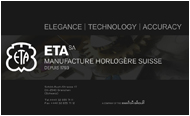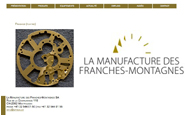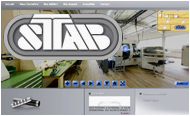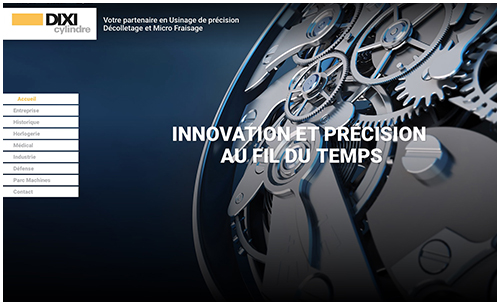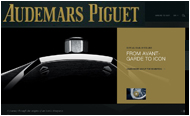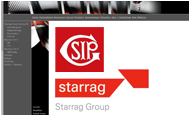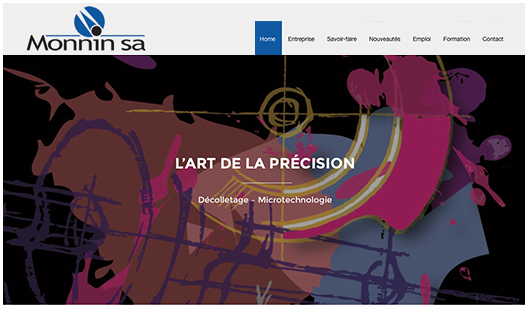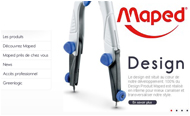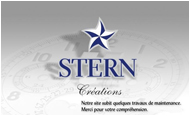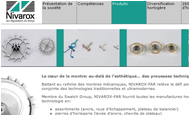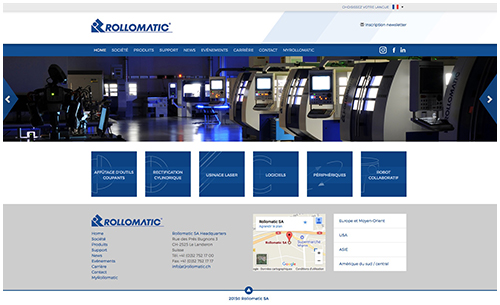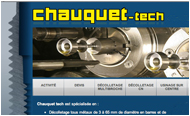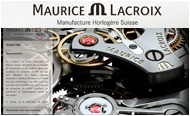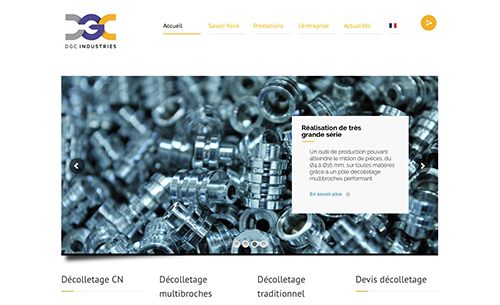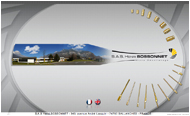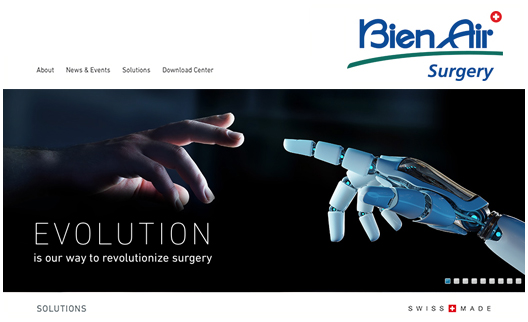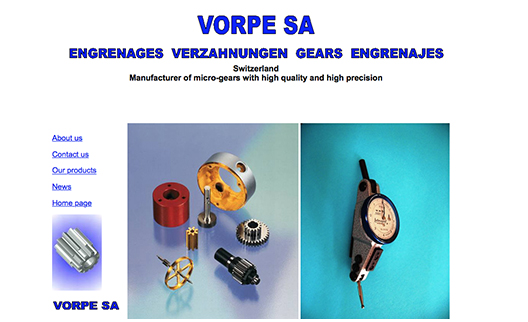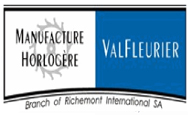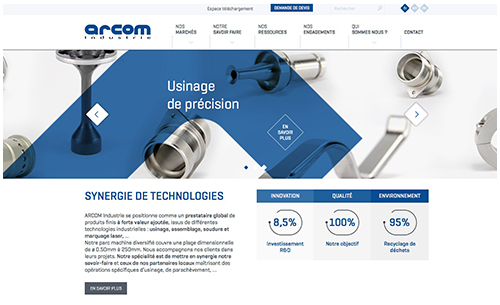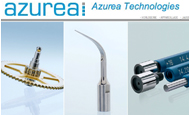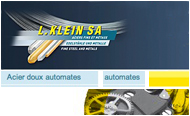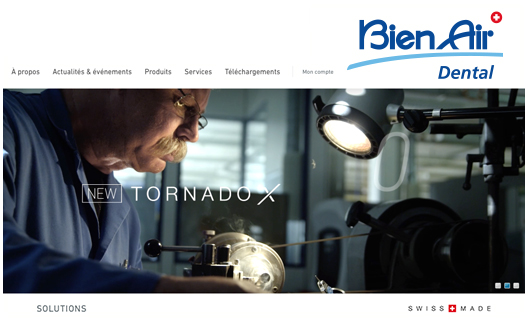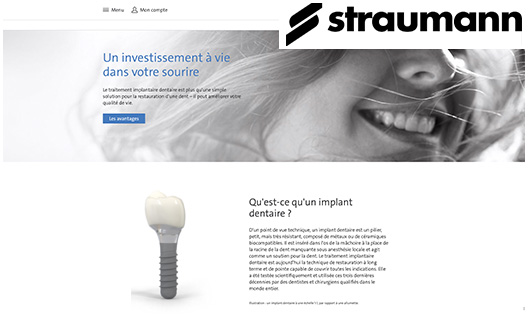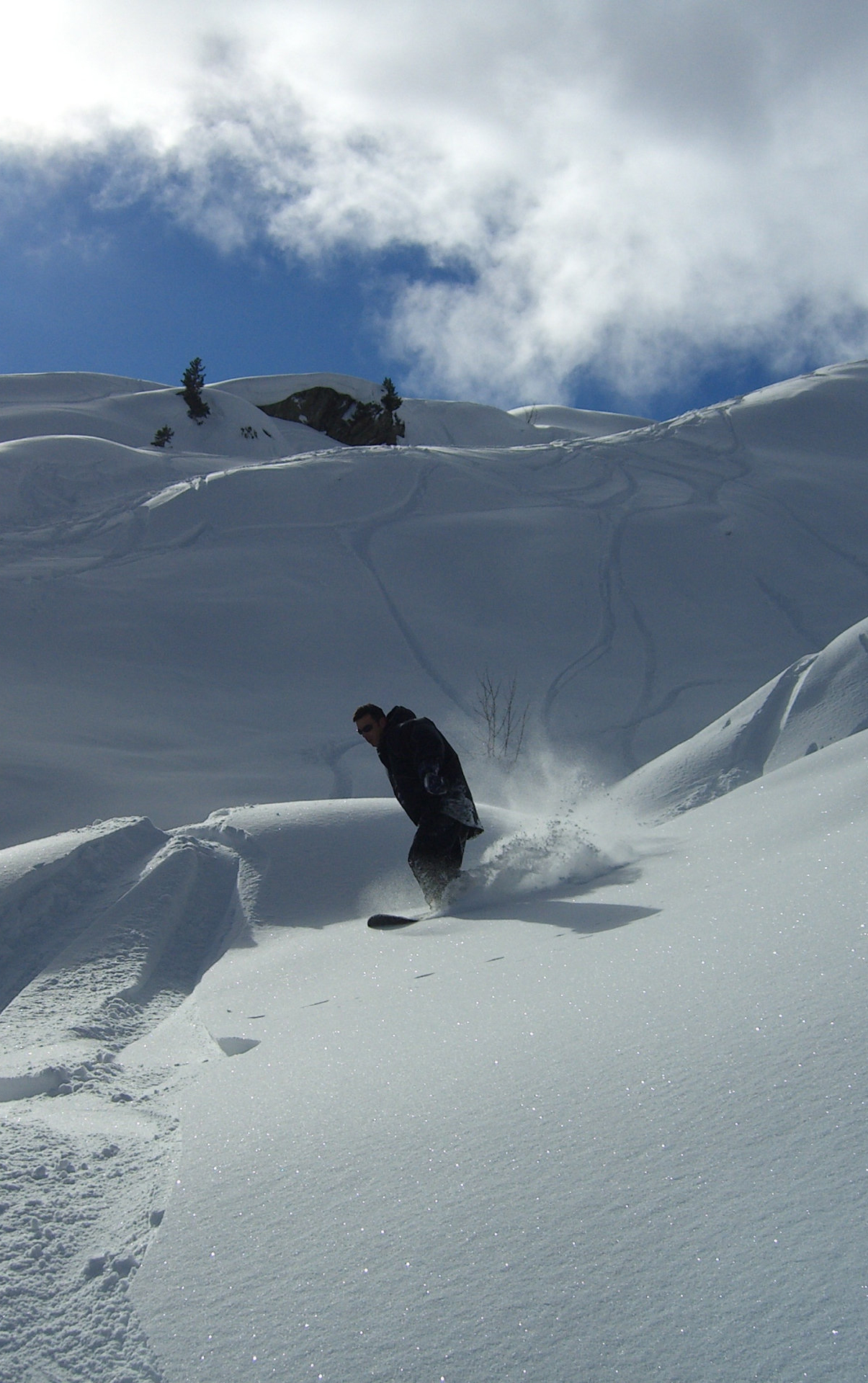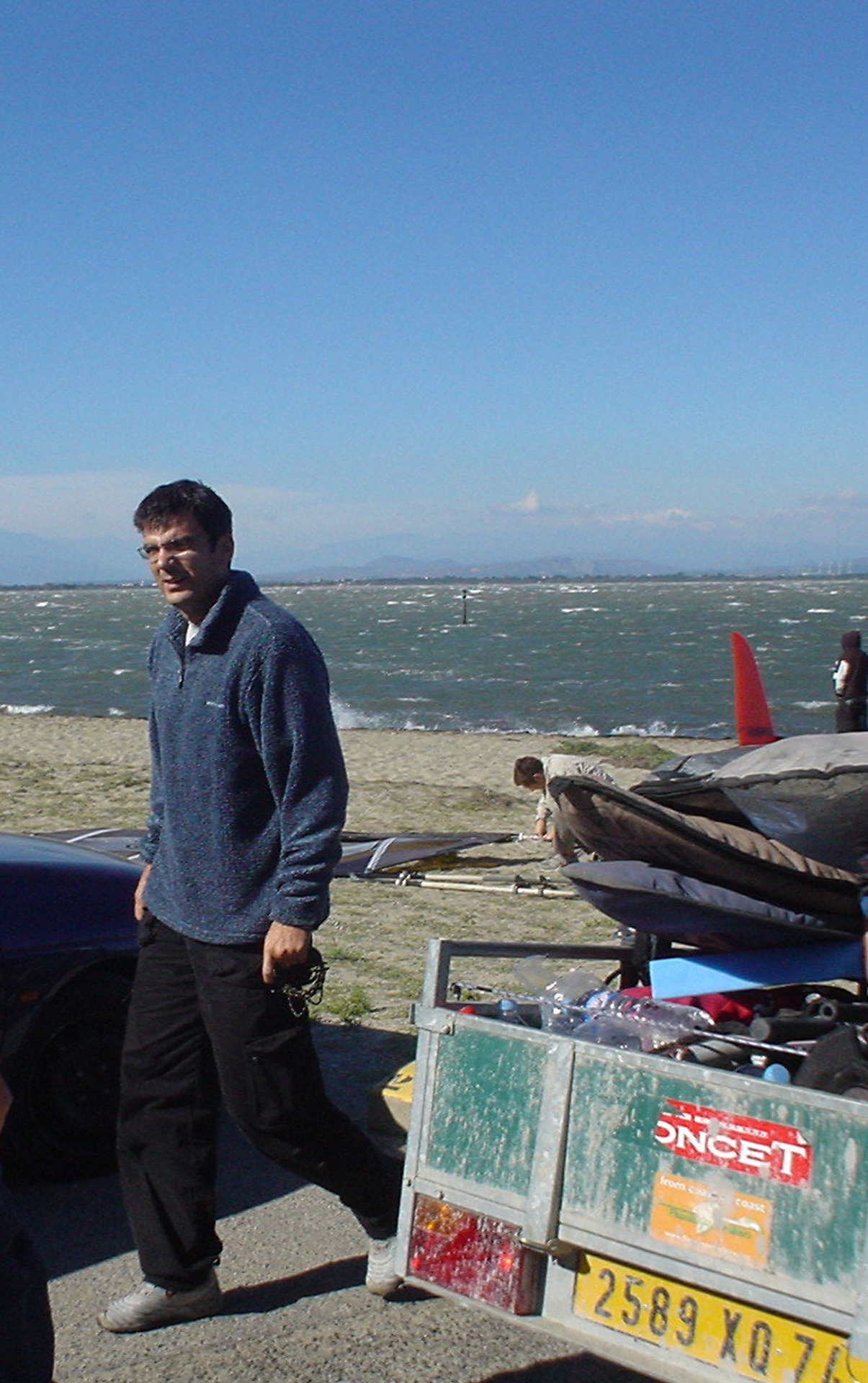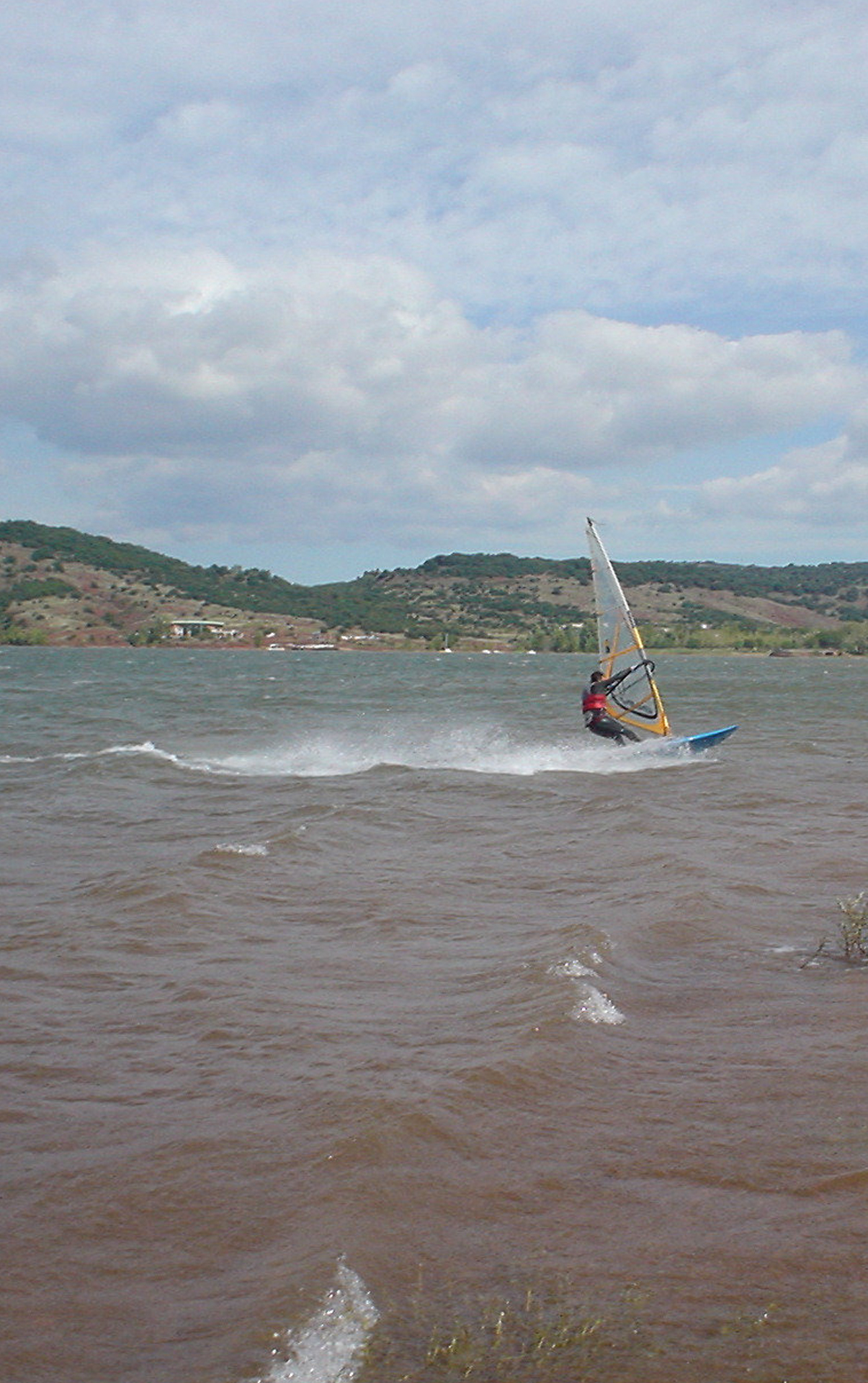FRANCK BOCCACCINI
Manufacturing Consultant & Industrial Project Manager
A rich career path that began in 1990 as a CNC programmer and setter, continued in the industrialization professions and finally as a production manager, with the analysis and control of manufacturing processes as a common thread.
Areas of expertise :
- Production Management
- Supply chain
- Industrialization
- Workshop operation
- Machine settings
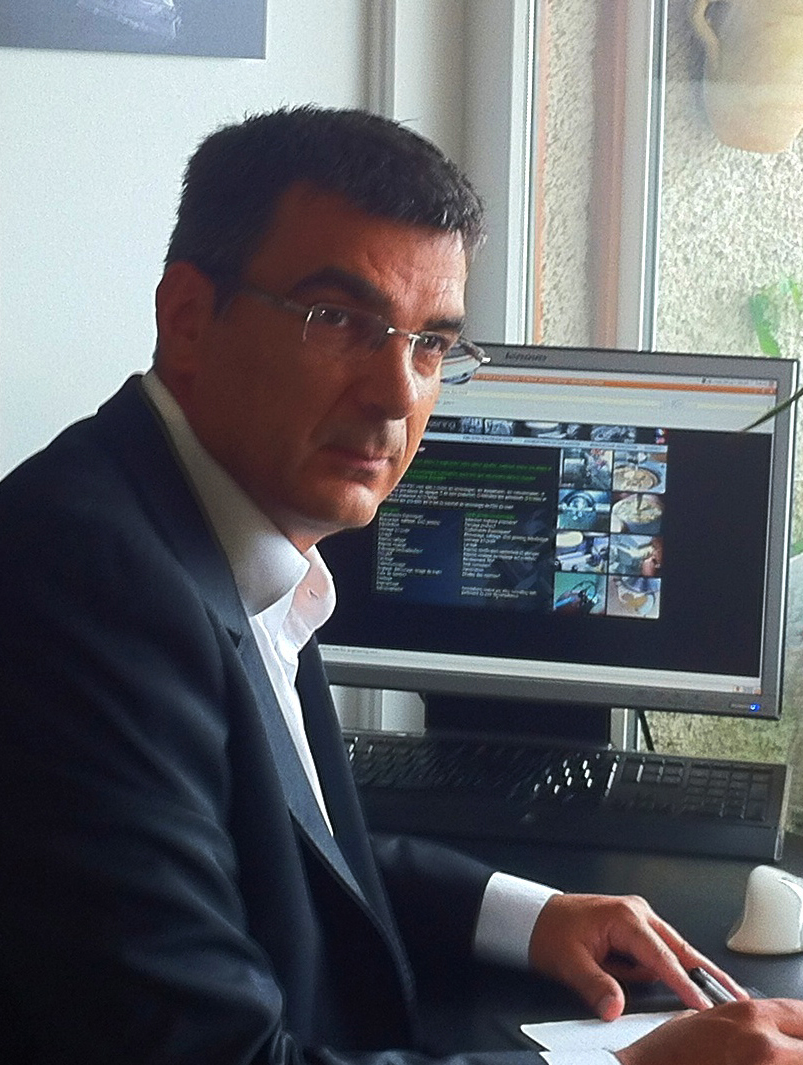
COMPETENCE CENTER
A real strike force to solve acute machining problems.
FBO Engineering runs a machining competence centre whose aim is to provide customers with high-performance and reliable machining solutions.
The skills centre is made up of partners who are leaders in their market and who bring high-flying equipment and know-how.
Our news :
Machining solutions in materials that are difficult to machine, in particular materials without sulphur or lead input.
Our method:
Qualitative tests: we rigorously test all tools, oils, parameters on the best machines of the moment to produce a chosen part and material. We qualify the materials that have reached the best performances in quality, life and speed for continuous machining 24H/24H.

MEDIA ARTICLES
Here is an article published on March 08, 2018.
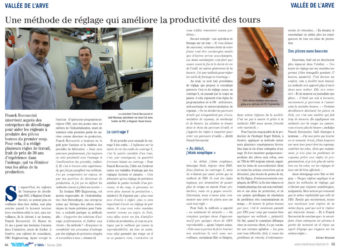
An adjustment method that improves lathe productivity.
Franck Boccaccini works with bar-turning companies to help setters produce good parts the first time.
To do this, he has drawn up several work rules, the fruit of almost 30 years of experience in machining, which will eliminate all the hazards of production.
If today the set-up workers at the DGC bar turning company in Magland (Haute-Savoie) feel more confident in their work and are more serene when they leave their machine tools running unattended at night, they owe it to one man, Franck Boccaccini. This 51-year-old Swiss citizen spent some 30 years in industry before founding his own consulting firm, FBO Engineering, in Geneva.
Having worked as a CNC operator-programmer-setter, then in industrialization, before finishing this first part of his career as a production manager, Franck Boccaccini has always had a taste for the analysis and control of manufacturing processes. In my professional career, I have always been close to machining and process improvement," he says. And it was through this experience that I was able to refine my method. I was able to understand the issues, because of my position as production manager, and I was able to define the methods as if I were a worker.
In founding FBO Engineering, this former industrialization manager at Derendinger, a Swiss company that manufactures high-precision mechanical parts for the aviation industry, wanted to share his method in order to "provide customers with high-performance and reliable machining solutions.
His method? "Replace the variability of machining processes with simple precision settings that are accessible to everyone," he says.
The centering Y
He uses the example of Y-centring of tools. "The influence of Y-centring on tool life is the variable part of a lathe, and therefore the amount of error left in centring. For Franck Boccaccini, the idea is to remove all these machining variables through simple, factual settings. "This demonstrates that a precision setting stabilises the variable part of a process, and as a result, the process no longer varies during production," he insists.
He adds that "the more tools you have to set, the more important it will be to have precision setting. If you have your machine set up like a Christmas tree, you're going to have a firework display of production hazards, if you don't practice the method that ensures reproducibility. Instead of suffering, you will guarantee times when nothing will happen, i.e. when you will not encounter any problems. Second example: a milling operation on a lathe. "If you leave some runout, some of the teeth on your cutter will be overloaded while others will be underloaded. The overloaded teeth will eventually break before the end of the tool's life, the others will generate burr. I have a method for setting milling tools in turning."
In total, the Geneva-based consultant offers eight adjustment procedures. These range from guide bush adjustment, to Y-centring, to basket cutting. In addition, there are three NC programming rules: anti-burr, anti-overload and anti-accumulation of chips.
"We will decide on the toolpaths that do not generate chip accumulation, overloading or burrs. The solution lies in the choice of the tool path, and I provide the rules to be followed in creating these tool paths," describes Franck Boccaccini.
"At first I was sceptical
At first I was sceptical," says Gaël, a setter at DGC. We used to do Y-centres, but they weren't as accurate as the FBO method. These are logical rules, which require more time to be spent upstream of a production run, but then you gain. Now, we no longer dare to start a series of parts with a badly adjusted tool. For Gaël, the method has brought "a feeling of security". "You replace something approximate with something 100% reproducible," adds the Swiss expert. It has allowed us to run our machines at night without over-supervision," say Eric and Gregory, two other setters at the company. It's a step that needs to be taken, and thanks to the FBO method we have taken that step.
For the former production manager of the Geneva watchmaker Roger Dubuis, applying his method will have several positive consequences in the life of a machining company. He lists some of them: producing parts without scrap, with an OEE of 90% always achieved, eliminating customer non-conformity lists and all the corrective actions that follow, no more need for sorting stations, Six Sigma, complicated scheduling, CAPM, the end of reminders and planning delays due to non-conformities and production hazards, and of these specific problem-solving projects that consume a lot of time.
"21 hours of good parts per day is the minimum guaranteed by FBO for those who want to apply my method. People are all overworked," he says, "because of problems with delays, scheduling, rework...". In short, the subcontractor will no longer suffer the consequences of all these production hazards.
Burr-free parts
Gaël is now a more fulfilled bar turner in the workshop. One hour of adjustment on my machine allows me to be at peace for 17 hours," he says. It has become a comfort, it has made my work easier. The method has given me more desire in my job. It has motivated me. And he shows the journalist a room. "It was a nest of burrs, now I can machine it without the slightest burr. Some bar turners turn down parts made of Peek, because it is a material that makes too many burrs. By applying my method to the basket cut, you will no longer have any burrs", Franck Boccaccini continues.
Gaël says again: "I have a part that is turning at the moment. Before, I was always on my lathe pulling chips, checking dimensions. Now I don't have any problems with chips thanks to the programming rules, and I don't have any variations in the dimensions, because the basic settings have been done properly.
Eric and Grégory gave another testimony. Each setter applies the setting methods in his own way, which were not always academic," they say. But above all, they did not have the same repeatability as FBO. Now, however, all our machines are set up in the same way, regardless of which setter is working on them. And Franck Boccaccini concludes that "a company's know-how is sustainable as long as there is a team spirit based on the same rules.
Jérôme Meyrand
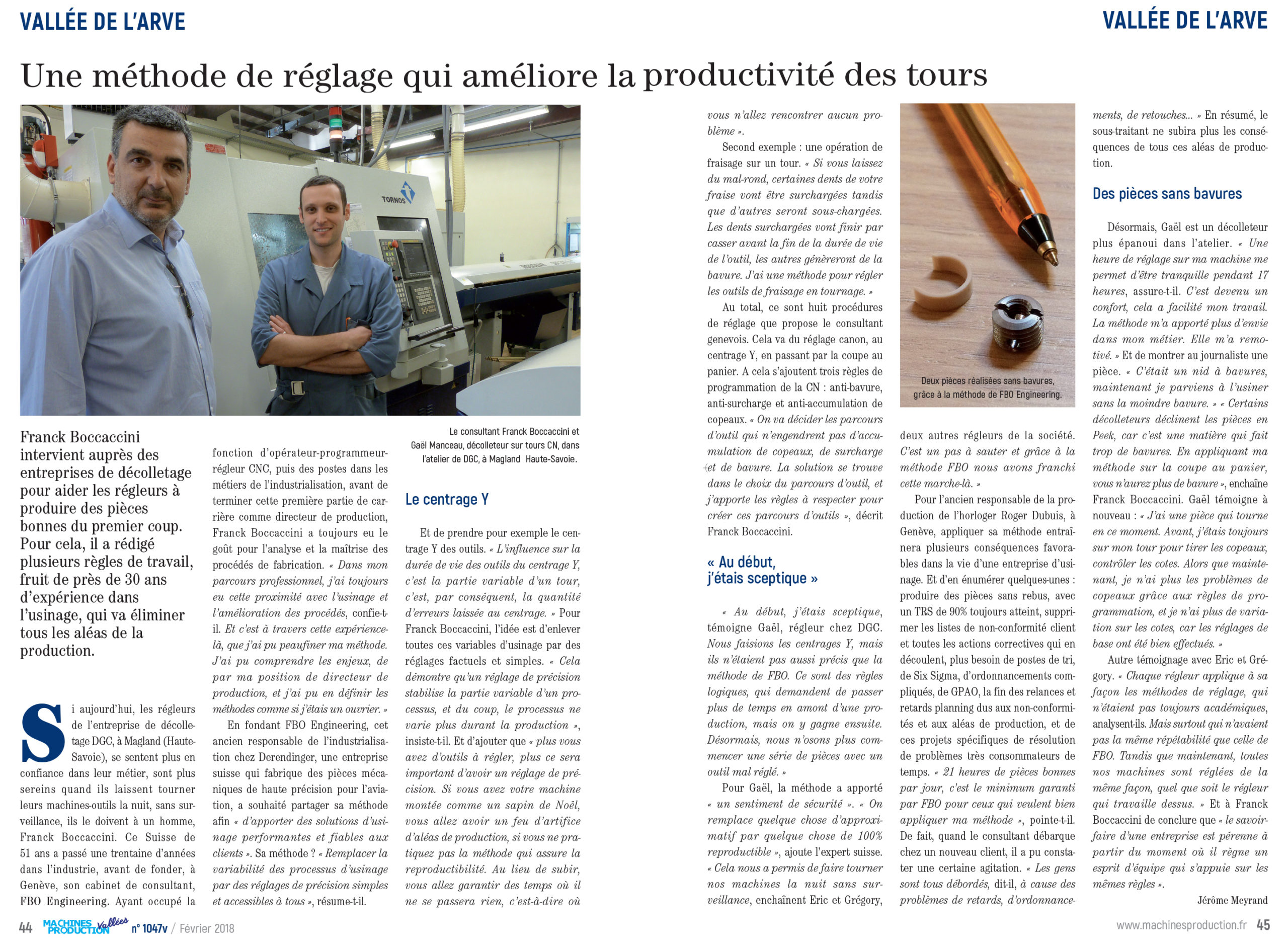
Frank as seen by the others...
It is never easy to talk about oneself, so as a friend and webmaster of Franck Boccaccini, I had to write these few lines...
Franck expresses himself as much in his professional environment as in the board sports he practices with passion: snowboarding and windsurfing. In sport, my friend is an amazing and rare mix of power (that his size allows him) and finesse. This finesse comes from his ability to analyse all the parameters involved in the practice of these complex sports: his body, the movements to be produced and also the interaction of all this with his equipment as well as with the surface on which he evolves.
The curves Franck carves in the snow or the wakes he leaves behind him in the water are perfect. Just like his metal or stainless steel machining programs: they are pure, clean and always calculated in advance. Indeed, Franck has a great capacity to calculate mechanical movements as well as the body's gestures. This ability enables him to be faster, more efficient, more precise and more effective, whether in sport or in a production workshop.
He has this challenge of difficult challenges, which is revealed all the more by the number of digits after the decimal point! Precision is certainly the term that best characterises Franck Boccaccini. Where some find their limits in the depth, in the invisible detail, Franck finds a new reason to go further, to discover... Just like when he goes to the end of the world to sail in the middle of waves as high as his windsurfing mast.
This perfection and precision, combined with a real-time analysis of the data at stake, make him a formidable industrial analyst, an outstanding plant operator and a productivity consultant who will provide you with solutions and increased productivity.
His career path is impressive: every time he tells me about the importance of his studies, his personal involvement and the impact of his solutions on the various productions, I am amazed. He has a way of presenting very complicated things in a way that everyone can understand. He exudes such passion in these stories that one is taken in by his precision, his love for materials, details, quality and his quest for perfection.
There is no doubt that Franck, who recently set up his own business, will be a valuable asset for any production that wishes to carry out an audit, improve its productivity, train its employees... Not to mention his field of prediction which is watchmaking. After 14 years working in Geneva, Franck is capable of setting up a complete watchmaking factory!
As a friend, I say bravo, because it is an extraordinary career path for someone who found his vocation very early on: machining and production engineering.



